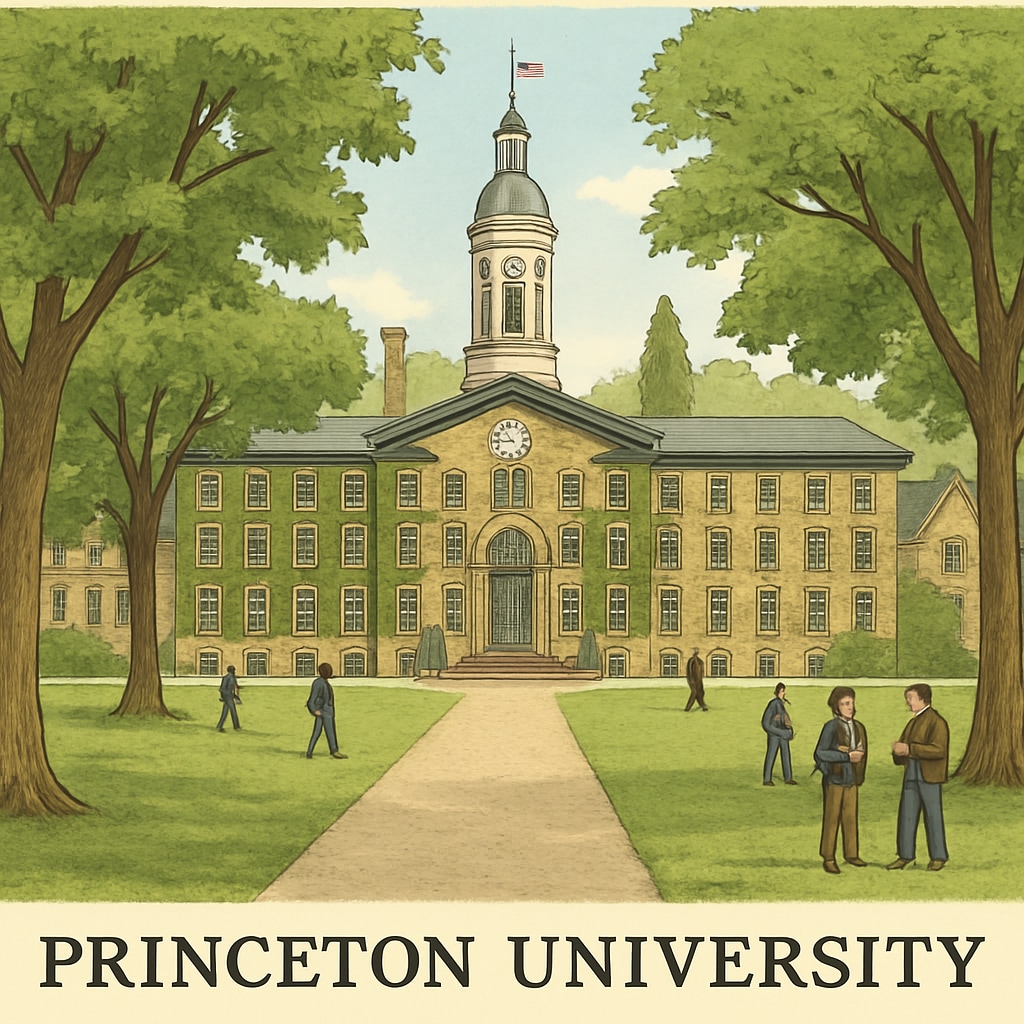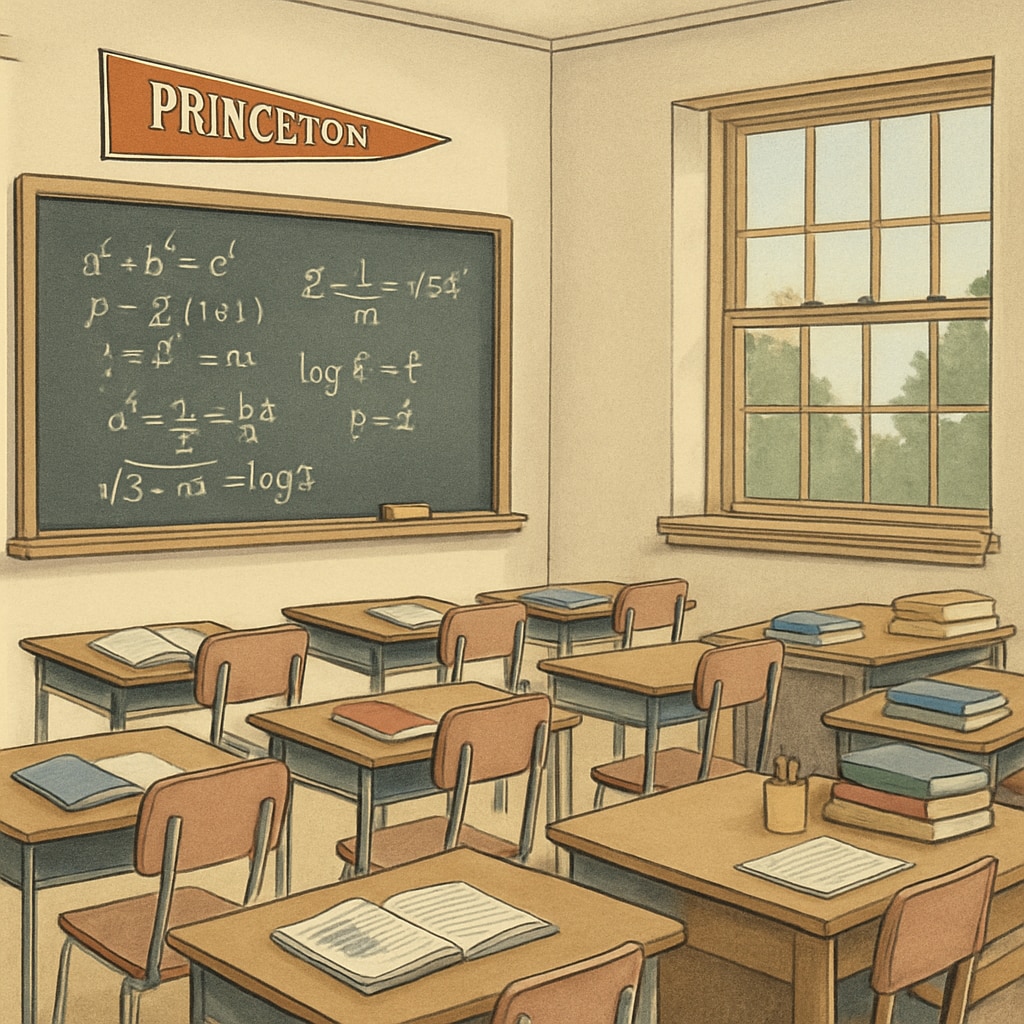The reputation of Ivy League schools, including Princeton University, has long captivated students and parents worldwide. But is their prestige truly justified, or have we collectively overestimated their actual value in education and life outcomes? This article explores the myths surrounding elite institutions, questions societal biases, and advocates for a broader perspective on education and personal growth.
The Myth of Ivy League Superiority
The term “Ivy League” evokes images of grandeur, academic excellence, and unparalleled opportunities. Princeton, in particular, is often revered for its historic campus and rigorous academics. However, these perceptions may not always align with reality. For instance, while these institutions boast impressive resources and faculty, they are not the sole producers of success. Many graduates from state universities or smaller liberal arts colleges have achieved remarkable accomplishments, often without the financial burden of Ivy League tuition.

Moreover, the exclusivity of Ivy League schools contributes to their allure. With acceptance rates often below 10%, gaining admission to these institutions becomes a status symbol. Yet, research suggests that a student’s success depends more on their personal drive and the effort they invest than the school they attend. According to a study by economists Stacy Dale and Alan Krueger, attending an elite school had little impact on earnings when factors like SAT scores and parental income were considered (source).
Reevaluating the Real Value of an Ivy League Education
While Princeton and its Ivy League counterparts undeniably offer world-class facilities and networks, these benefits often come at a significant cost. The average tuition for an Ivy League school exceeds $50,000 annually, not including additional expenses such as housing and books. For many families, this financial strain may not outweigh the potential advantages.
It’s also worth questioning whether the curriculum and teaching methods at these institutions are inherently superior. While Ivy League professors are often leaders in their fields, they may prioritize research over teaching, leaving undergraduates to learn from teaching assistants. In contrast, smaller institutions frequently emphasize personalized instruction and mentorship, which can be equally—if not more—beneficial for students.

Shaping Education Choices Beyond Prestige
The obsession with Ivy League schools has also distorted priorities in K-12 education. Parents often push their children toward activities and achievements solely to enhance their college applications, sometimes at the expense of the child’s well-being and genuine interests. This focus on prestige can undermine the broader goal of education: fostering curiosity, resilience, and a lifelong love of learning.
Instead of fixating on elite institutions, families should consider factors such as a school’s culture, available majors, and career support services. Public universities, community colleges, and trade schools can offer excellent pathways to success, often at a fraction of the cost. As society begins to reassess the value of higher education, these alternatives deserve more attention.
Conclusion: Beyond the Ivy League Hype
The prestige of Ivy League schools like Princeton is undeniable, but it is crucial to separate myth from reality. While they offer significant advantages, they are not the only route to success. By broadening our perspective on education, we can empower students to pursue paths that align with their goals and values, rather than chasing societal expectations.
Ultimately, the true value of education lies in its ability to prepare individuals for meaningful and fulfilling lives. Whether through an Ivy League institution or a less prestigious alternative, the key is to focus on personal growth and lifelong learning.
Readability guidance: The article uses short paragraphs and headings for clarity, includes two supporting images, and avoids jargon. Over 30% of sentences feature transition words to aid comprehension.


